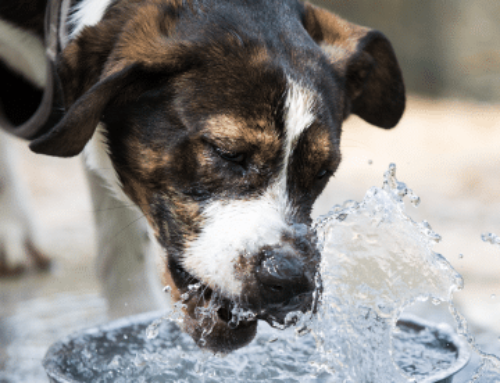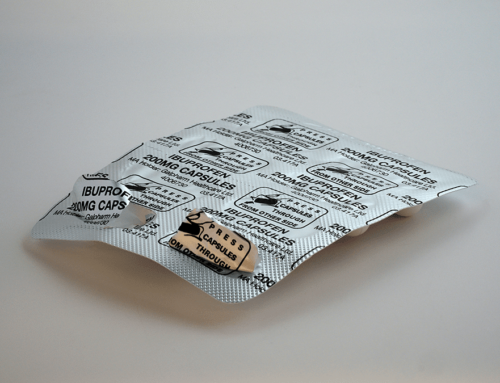As our weather continues to be both wet and warm weather, you should be making the effort to protect your home and pets from fleas and ticks, as this is the perfect time of year for the little pests to begin breeding. Fleas are particularly happy during this time of year, as a female flea can lay upwards of 50 eggs a day, which can fall off your pet and hatch between 2 weeks and 6 months later depending on the environment.
Treating your home environment
In order to protect your home and pets from flea infestations, you need to ensure that all traces of fleas are removed from your house, since, as previously stated, removing fleas from your pets themselves is only a temporary solution.
Vacuum
The first order of business is to vacuum the entire house, paying attention to dark corners, crevices, and under furniture where you may otherwise miss dirt during regular sweeps. Vacuuming also has the side effect of causing fleas to emerge from their cocoons in response to the vibrations of the vacuum cleaner, where they will be more susceptible to pesticides. A flea’s cocoon is water-tight, and therefore impervious to any pesticides or insecticides while the flea is protected inside.
Once you have vacuumed and disposed of the contents of your vacuum cleaner completely, as any trace of flea eggs can result in another outbreak, spray all carpets, rugs and soft furnishings, such as couches, with an aerosol flea bomb that also kills eggs. Take note of listed ingredients, as you want a flea bomb that contains IGR, or Insect Growth Regulator, as part of its active ingredients. You also need to spray your pet’s bedding, yard, and any grassed areas, as fleas generally like to hang around these parts of your house as well.
Wash all toys and bedding
Finally, thoroughly wash both your pet’s toys and bedding to ensure you have got rid of all traces of fleas and their eggs. Make sure you shake their bedding out well before drying as fleas and eggs can often become lodged in crevices.
Protecting your pets from ticks
The best way to protect your pets from ticks is to be proactive, ensuring that your pets are kept away from natural areas and that your lawn is trimmed regularly. You should make sure you are also regularly checking your pets for ticks, with some examples of how to do this over on our video page
While ensuring your pet’s home is kept free of pests and that they are checked regularly for both fleas and ticks, you should also make sure that your pets are being given flea and tick treatment, either as a chewable tablet or a spot-on treatment applied directly to their body. These treatments are viable for both cats and dogs and we recommend Bravecto at Illawarra Animal Hospital.
For more veterinary tips, read our previous blog on 8 Summer Safety Tips For Your Furry Friends!






